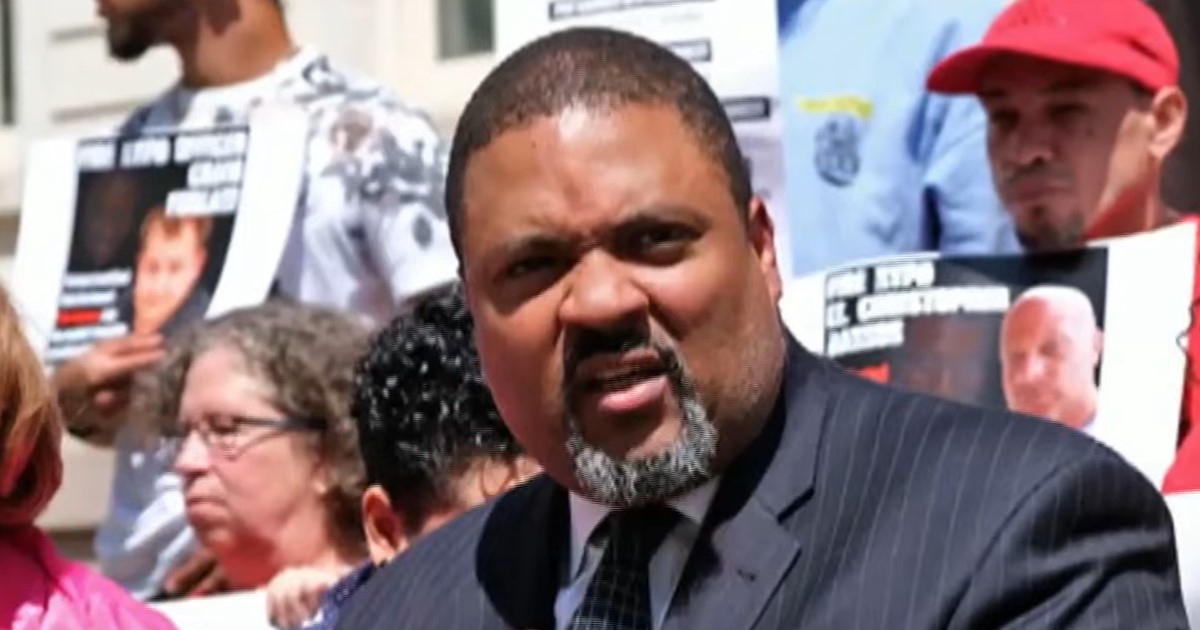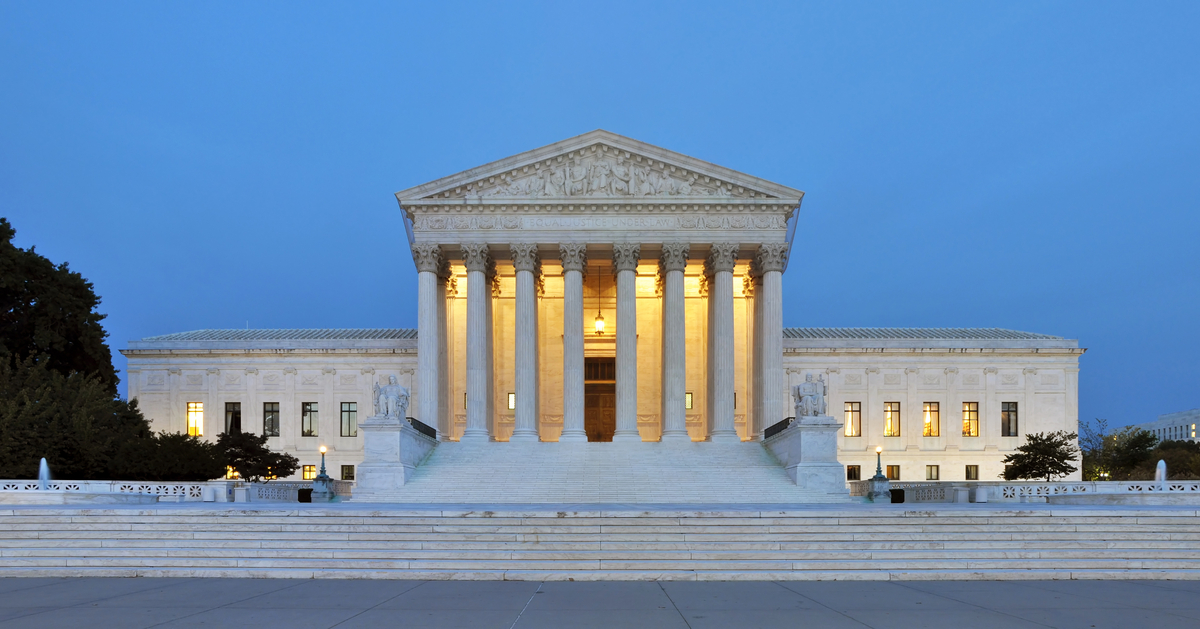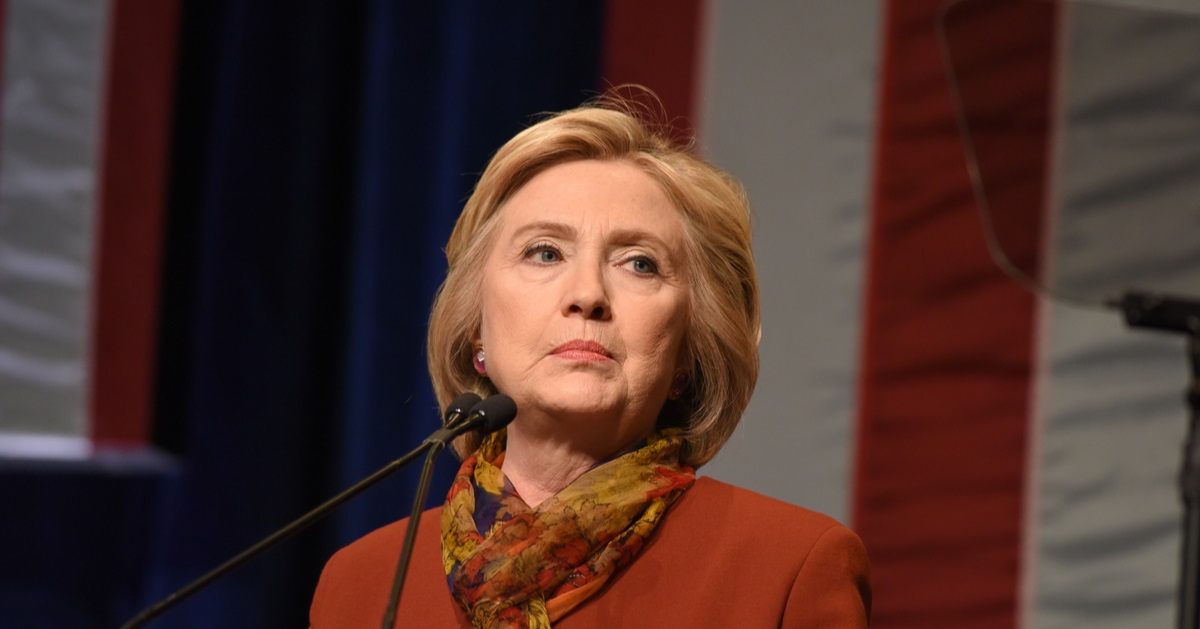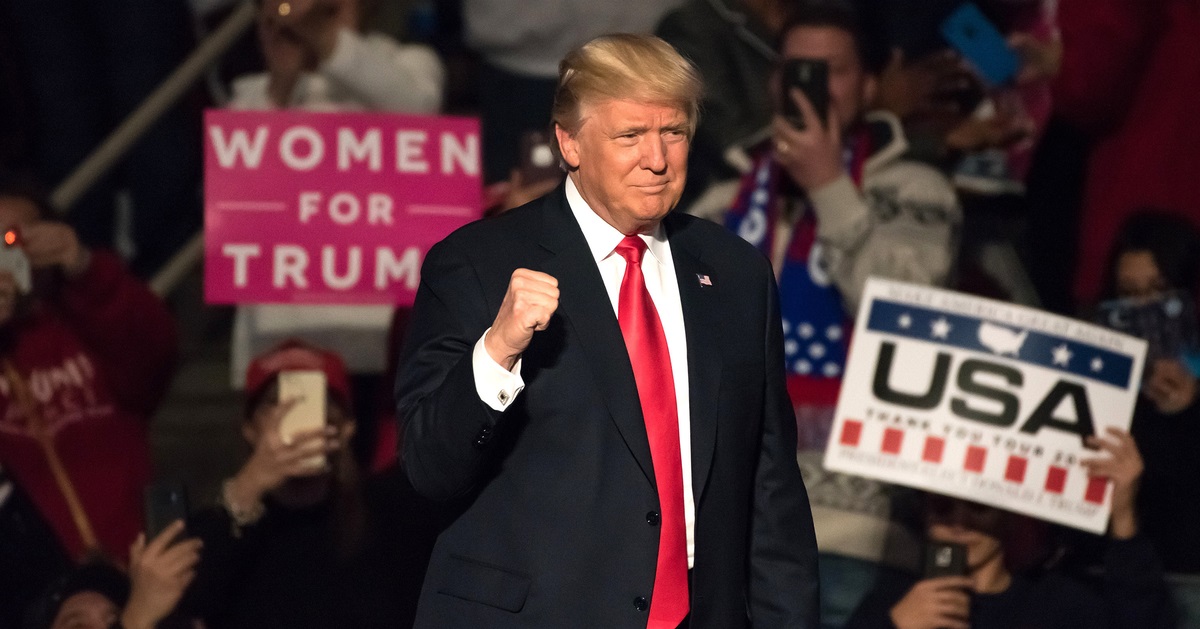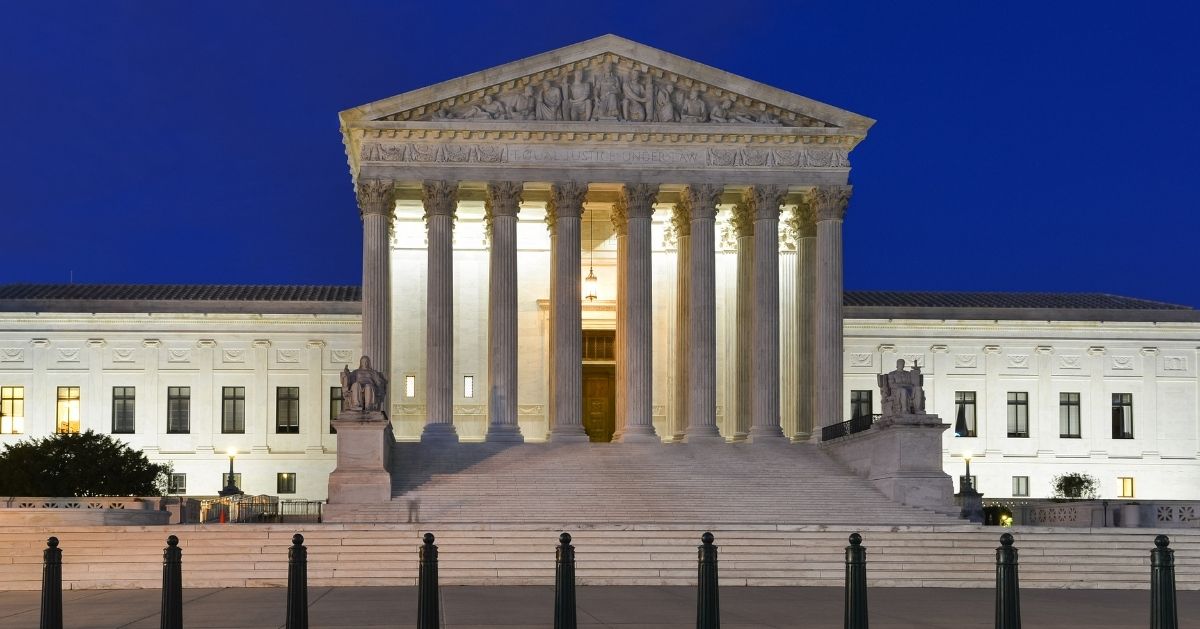Supreme Court issues major ruling on Indian Child Welfare Act in support of Native American tribal rights
The U.S. Supreme Court, in a 7-2 ruling, upheld a federal law known as the Indian Child Welfare Act of 1978 in a decision that has been heralded as a major victory for the rights of Native American tribes, NPR reported.
What that law does is grant precedence and priority to Native tribes over non-Natives with respect to the placement of Native children in adoptive or foster care, at times even after a Native child had been placed in the care of adoptive or foster non-Native households.
Indeed, per the law, whenever a Native child is placed up for adoptive or foster care, they must first be placed with an extended family member, another family within their particular tribe, or a family within a different tribe, and only after those three steps were exhausted could a Native child end up with a non-Native family -- and even then, tribes have the authority to intervene at any time, even after final placement, to alter that hierarchy or remove a child and place them somewhere else.
Law challenged on multiple grounds, not all of which were settled
SCOTUSblog reported that the case known as Haaland v. Brackeen, which is actually a consolidation of several separate challenges against the Indian Child Welfare Act, addressed a series of questions with regard to the constitutionality of the ICWA.
At issue here were claims from non-Native adoptive families, supportive biological parents, and the state of Texas that the ICWA, first passed in 1978, was not authorized under Article 1 of the U.S. Constitution, violated the 10th Amendment's "anti-commandeering" doctrine -- which bars the federal government from dictating state actions -- and that the law was racially discriminatory against non-Natives.
A federal district court had initially ruled in favor of the plaintiffs that the ICWA was unconstitutional, but that decision was then reversed by a three-judge panel of the 5th Circuit Court of Appeals and later was partially affirmed and partially reversed by the full 5th Circuit, which ultimately led to the consolidation of cases in the Supreme Court, which heard arguments on the matter last year.
The majority opinion was written by Justice Amy Coney Barrett, who was joined by Chief Justice John Roberts and Justices Sonia Sotomayor, Elena Kagen, Neil Gorsuch, Brett Kavanaugh, and Ketanji Brown Jackson. Gorsuch and Kavanaugh each authored their own concurring opinions while Justices Clarence Thomas and Samuel Alito each offered up their own dissents.
Constitutionality affirmed
Justice Barrett began the majority opinion by acknowledging, "The issues are complicated -- so for the details, read on. But the bottom line is that we
reject all of petitioners’ challenges to the statute, some on the merits and others for lack of standing."
She would go on to explain at length how Congress had the authority to "regulate Commerce" and "affairs" with Native tribes, as well as how the law didn't violate the 10th Amendment's "anti-commandeering" doctrine even as it placed certain federal requirements and minimum standards on state courts and governments.
However, Barrett declined to fully address the claims of the adoptive parents of racial discrimination, a violation of the Constitution's equal protection clause, due to lack of standing and similarly rejected any and all claims from the state of Texas for also lacking proper standing to sue for redress of alleged harms.
In response to the decision, the several Native tribes who had joined with the federal government to defend the law in this case issued a statement in which they praised the ruling as a "major victory for Native tribes, children, and the future of our culture and heritage," as well as "a broad affirmation of the rule of law, and of the basic constitutional principles surrounding relationships between Congress and tribal nations."
Concurrence and dissent
Justice Gorsuch, a student of history, used his concurring opinion to defend the underlying premise of the ICWA, to help keep Native children with their own or similar Native tribes, in the context of this nation's long history of racial discrimination and abuse against Native tribes by the federal and state governments -- particularly with regard to decades of concerted and cruel official efforts to remove Native children from their tribes in order to break familial and tribal bonds.
Justice Kavanaugh's concurred with Barrett's overall decision but took issue with the avoidance of the racial discrimination claims, which he asserted were "serious" and worthy of the Court's consideration -- or, more importantly, congressional action -- once the issue was "properly raised by a plaintiff with standing."
Justice Thomas penned a lengthy dissent in which he decried the ICWA as an overstep of congressional authority and intrusion upon state sovereignty, while Justice Alito wrote a much briefer dissent that tracked along similar lines.


